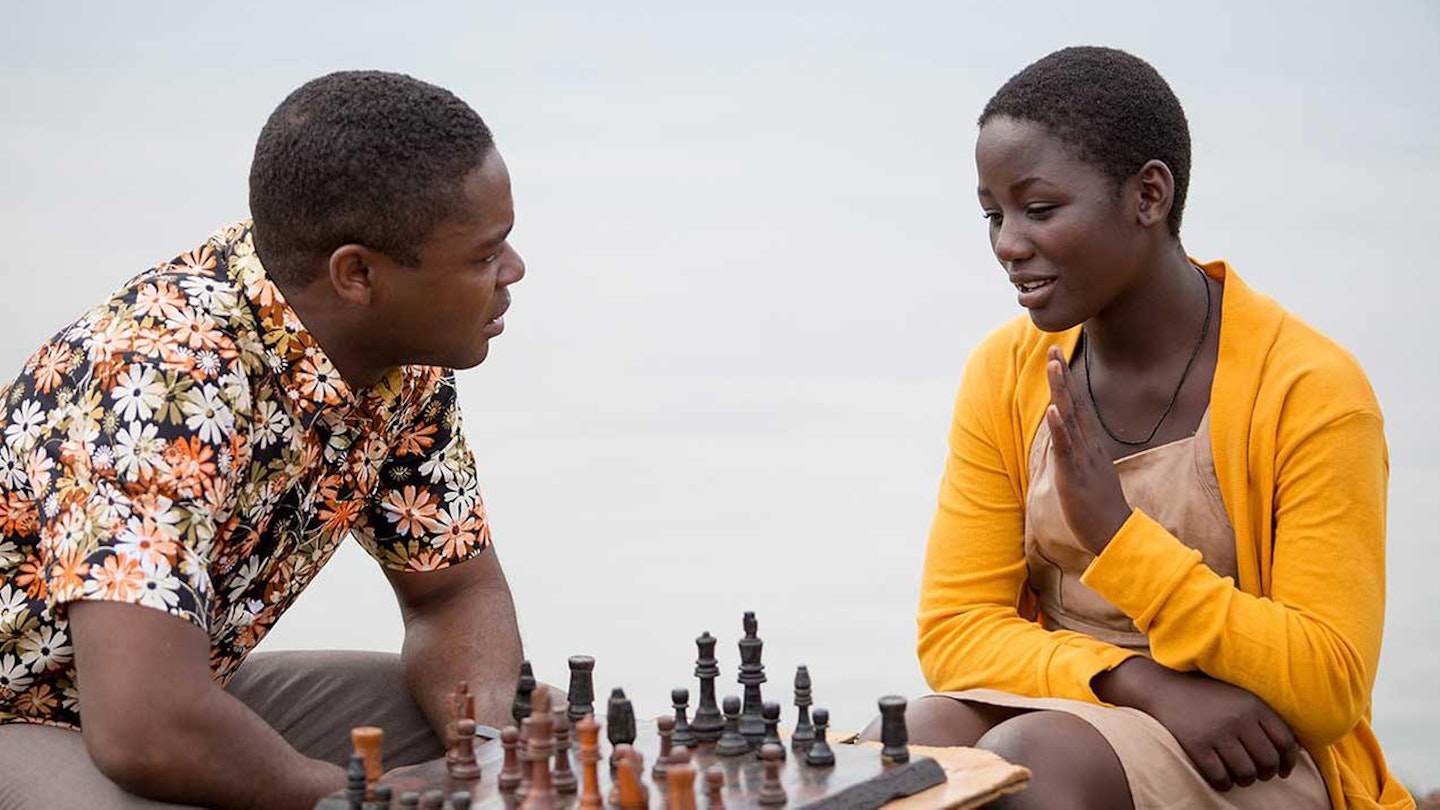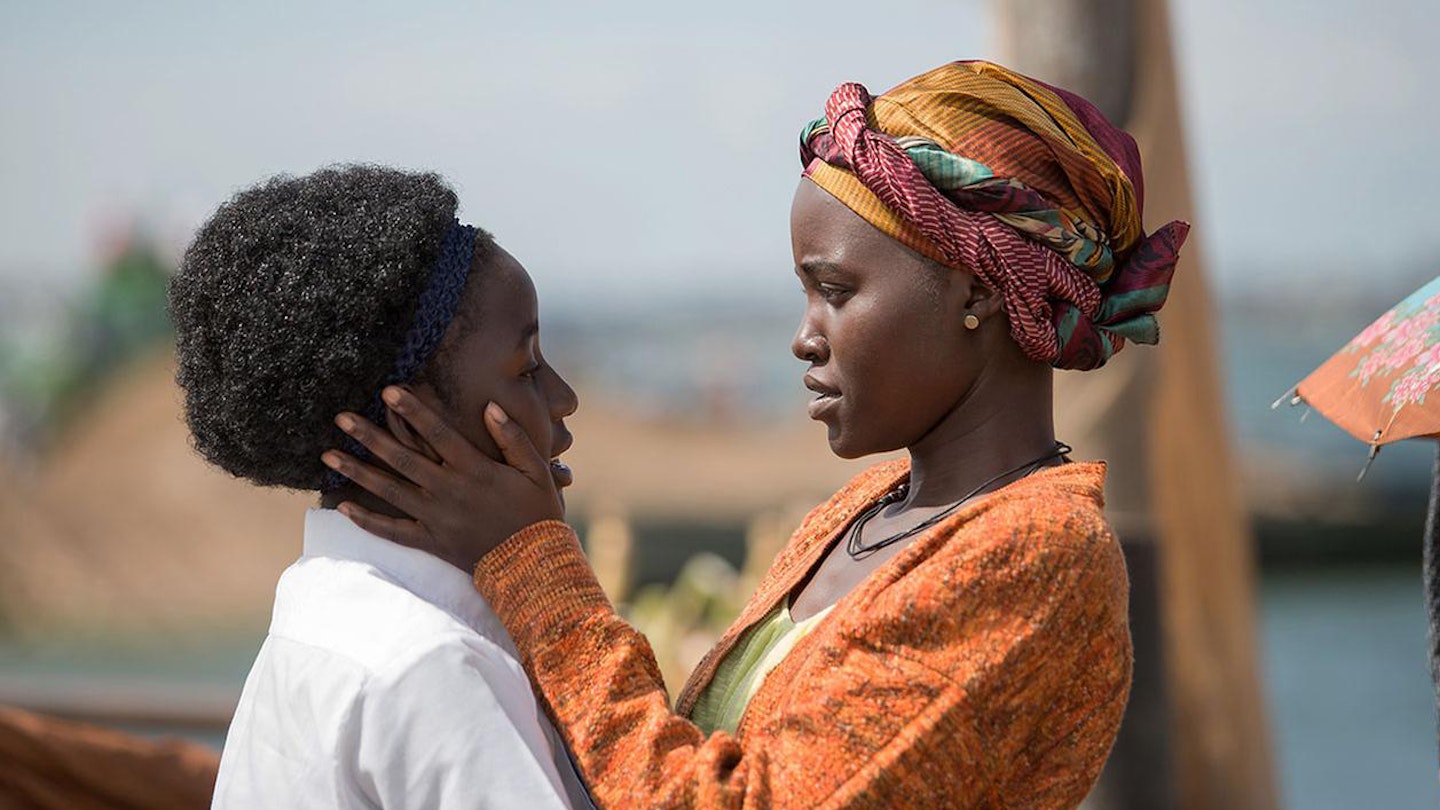Mira Nair’s unabashedly heart-string-tugging drama, her best movie in over a decade, tells the true story of Phiona Mutesi (Madina Nalwanga). Raised in a Ugandan slum, by a single mother (Lupita Nyong’o) determined not to resort to begging or worse to make her way, Phiona is reasonably happy, until she wanders into a small classroom one day, enticed by an offer of free porridge. There she is introduced to the game of chess, a game at which she is unnaturally talented. Taking her to the level of international competition, this seemingly minor skill gives her the possibility of a life in which she controls her destiny.

When the triumph over adversity story is as well told as this, it’s always a pleasure to hear it again.
Mutesi’s story offers every cliché of the ‘poverty prodigy’ genre, in which shy children — they’re always shy — who live in grim circumstances are introduced to a rarefied world of elitism, where their humble brilliance helps them beat the snob at their own game. Yet Nair lets a lot of those clichés slide, and doesn’t overplay Phiona’s achievements, wallow in squalor or overdo the rich/poor divide. William Wheeler’s screenplay draws a Uganda that has the same complex social class system as any western country, not just a world of haves and have-nots. Perhaps it’s because Uganda has been her home for several years, but Nair makes her world vivid and real. She doesn’t just scrape the surface for the bits that seem most exotic. She gets stuck in. Speaking of vivid, mention must go to Stephanie Carroll’s production design and Mobolaji Dawodu’s costumes, plus Sean Bobbitt’s cinematography. Every frame sings with pattern and texture. It’s gorgeous to look at.
However, it’s hard to escape a pertinent fact: chess is incredibly dull. This is, in essence, a sports movie, yet Nair has lumbered herself with a ‘sport’ less spectator-friendly than tiddlywinks. At least that has pieces flying through the air. To combat this, in the scenes of Phiona playing at tournaments Nair takes the focus away from the board, where little bits of wood are being moved in tiny increments, and puts it on the spectators. The rest of Phiona’s chess club is made up of huge personalities, oohing and aahing and bawling through their own matches or while watching Phiona, giving those scenes some of the requisite sports-movie flavour. And her cast is exemplary. Nyong’o, playing her first on-screen role since her Oscar win for 2013’s 12 Years A Slave, shows her breakthrough was no fluke, giving Harriet a determination that always seems one more misfortune from shattering, while David Oyelowo is a storm of personality as the chess coach. And, in her debut, Nalwanga is perfectly understated, her charisma growing as Phiona starts to feel special.
The beats of the story are ones you’ll have seen countless times before. You know how this goes. How it ends. And yet, when the triumph over adversity story is as well told as this, it’s always a pleasure to hear it again.
